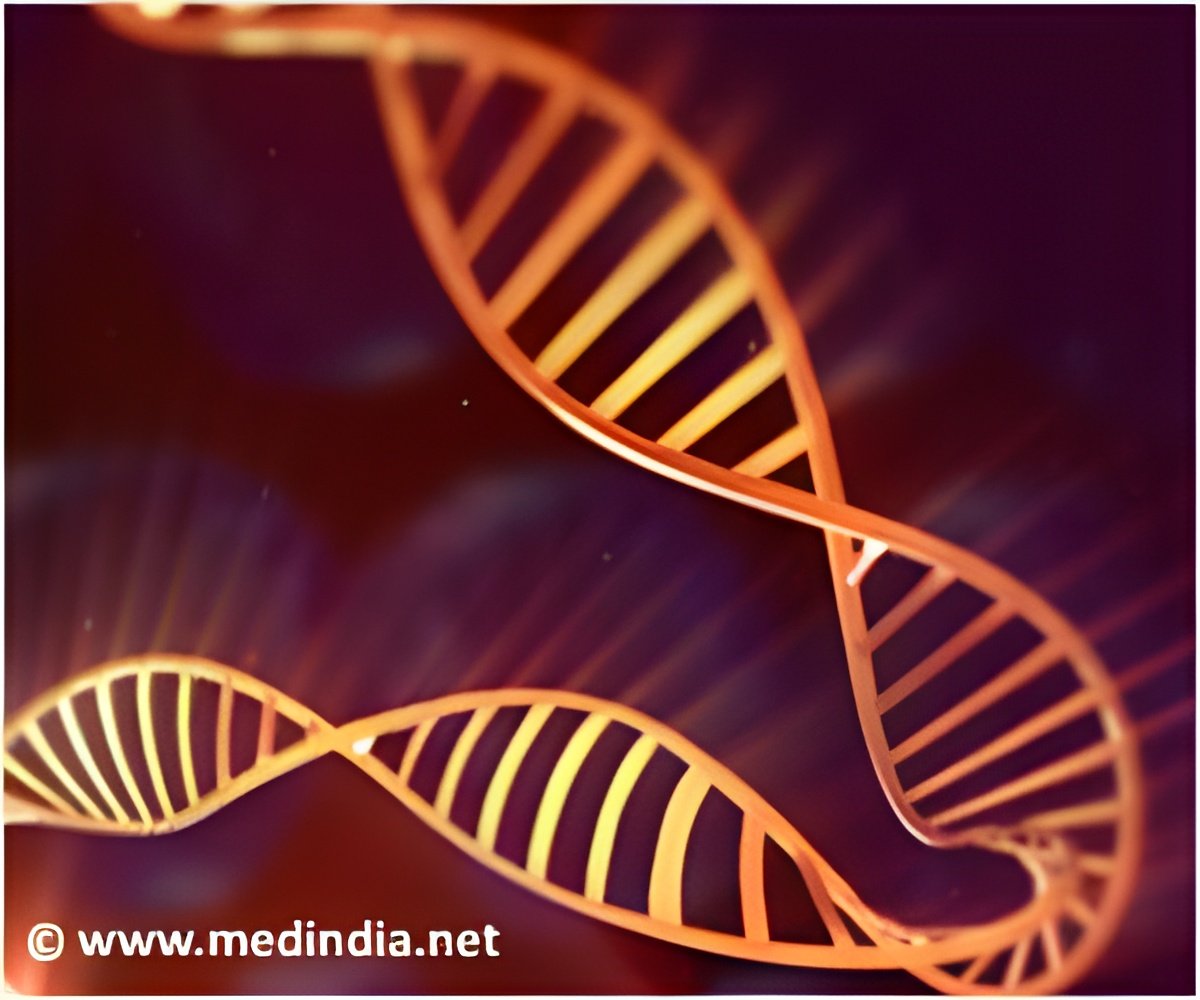
Federal Court Justice John Nicholas rejected the argument that BRCA1, a genetic mutation associated with an increased risk of breast and ovarian cancer in women, could not be patented because it was a naturally occurring substance.
He ruled instead in favour of the two medical research companies that hold the patent, US-based Myriad Genetics and Melbourne-based Genetic Technologies Ltd.
"There is no doubt that naturally occurring DNA and RNA as they exist inside the cells of the human body cannot be the subject of a valid patent," his judgement concluded. DNA and RNA are types of nucleic acid.
"However, the disputed claims do not cover naturally occurring DNA and RNA as they exist inside such cells.
"The disputed claims extend only to naturally occurring DNA and RNA which have been extracted from cells obtained from the human body and purged of other biological materials with which they were associated."
Advertisement
The judgement is a blow to the cancer campaigners, with the woman who brought the case, Yvonne D'Arcy, leaving the court in tears.
Advertisement
Cancer Voices Australia also expressed its disappointment in losing the case which it said was for people with all diseases with genetic markers.
"We think that is it very important that information about people's genes (and) genetic makeup be freely available to researchers, not only in Australia, but around the world," Cancer Voices' John Stubbs told the ABC.
Source-AFP



![Genetically Modified Food / Genetically Modified Organism [GMO] Genetically Modified Food / Genetically Modified Organism [GMO]](https://www.medindia.net/images/common/patientinfo/120_100/Genetically-Modified-Food.jpg)





